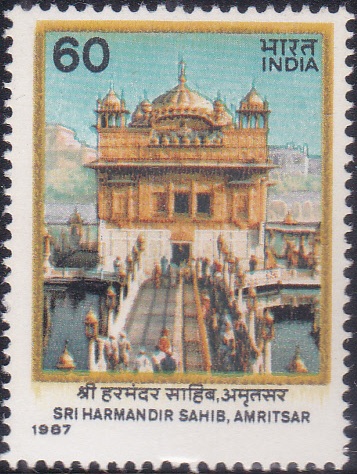
Sri Harmandir Sahib-Amritsar
A commemorative postage stamp on the Golden Temple Sri Darbar Sahib, Amritsar, holiest Gurdwara and most important pilgrimage site of Sikhism :
 Issued by India
Issued by India
Issued on Dec 26, 1987
Issued for : The Department of Posts is privileged to issue a stamp on Sri Harmandir Sahib, which is now 400 years old.
Description of Design : This 60 p. stamp has been designed by India Security Press, Nashik Road. The first day cover has been designed by Sri Pulak Biswas and the cancellation by Smt. Alka Sharma. The material for preparing all the designs have been given by Shri Surinderjit Singh Uppal.
Type : Stamp, Mint Condition
Colour : Multicolour
Denomination : 60 Paise
Overall size : 3.91 x 2.90 cms.
Printing size : 3.55 x 2.54 cms.
Perforation : 13 x 13
Paper : Imported unwatermarked adhesive gravure coated stamp paper
Number Printed : 15,00,000
Number per issue sheet : 35
Printing Process : Photogravure
Printed : India Security Press
About :
- Sri Harmandir Sahib – the Golden Temple – at Amritsar is a symbol of the spiritual and historical traditions of the Sikhs. The foundation of the city of Amritsar was laid by the Fourth Sikh Guru Ram Das in 1577 and the holy tank was constructed simultaneously. The city was to derive its name later from this “Lake of Nectar“ – Amritsar. Here the followers of Guru Ram Das meditated on Hari Nam (the name of God).
- In 1588, the fifth Sikh Guru Arjan Dev got the foundation of Harmandir Sahib laid by Hazrat Mian Mir, a Sufi Muslim saint of Lahore. The construction of Harmandir Sahib was completed with devoted voluntary service, ‘Kar Seva‘. Believing in humility Guru Arjan Dev built the shrine, not on a high plinth, but below ground level, so that devotees had to go down to enter it. The temple was open on all four sides symbolising that the House of God was open to all devotees, irrespective of castes, creed or status.
- Guru Arjan Dev composed a number of hymns in praise of the sacred tank. He continued to uphold the ideas of Guru Nanak, founder of the Sikh religion: spiritual unification and solidarity, love and service to all and submission to God’s will. The sacred scripture of the Sikhs, the Guru Granth Sahib, which contains the “bani“ (utterances) of the Gurus and the hymns of various saints of different creeds, was first installed in the Harmandir Sahib.
- The Harmandir Sahib was called the Golden Temple when its upper part was decorated with richly embossed gold sheets during the period of Maharaja Ranjit Singh in 1803 A.D. There is fine filigree and enamel work in gold decoration in the central dome of the Temple. The upper storey and the side panels contain coloured stone inlay work and several paintings. Sacred texts also decorate the interiors. Over the centuries devotees of various faiths have offered exquisite gifts which are preserved even today in the Toshakhana.


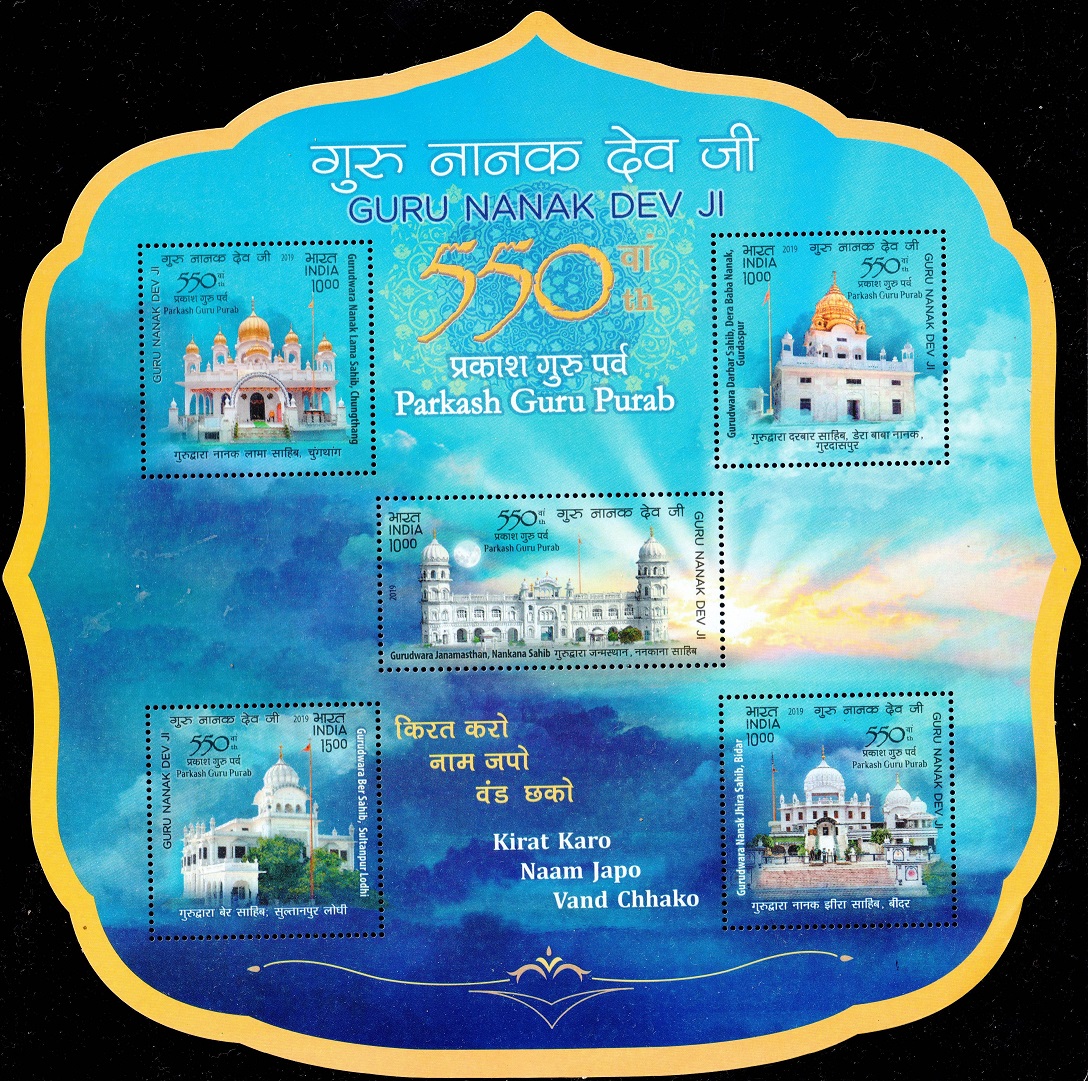
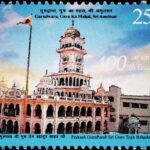
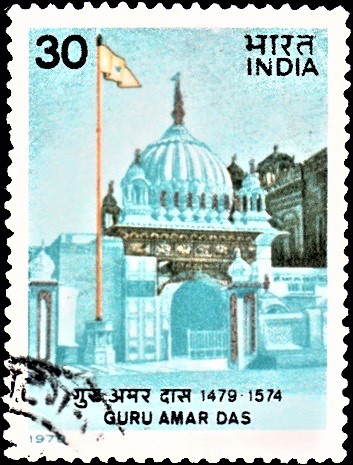
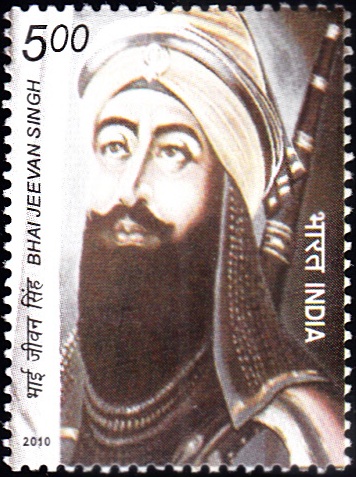


[…] in which Gobind Rai was born and where he spent his early childhood now stands a sacred shrine, Takht Sri Harimandar Sahibji, one of the five most honoured seats of religious authority for the Sikhs. Gobind Rai was escorted […]
[…] When the Deputy Commissioner of Amritsar took away the keys of the Tosha Khana (Treasury) of Darbar Sahib, Babaji protested against it and was arrested. He refused to accept the jurisdiction of the Court, […]
[…] the Sikh religious tradition amidst their struggle for existence. He restored the holy Durbar Sahib (the present holy Golden Temple) to its pristine glory and splendour after wanton attacks on it by […]